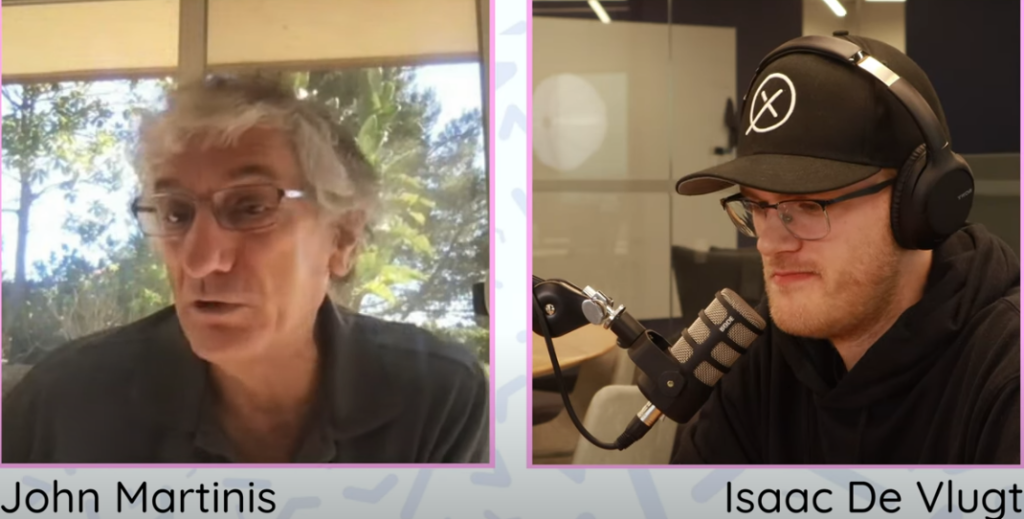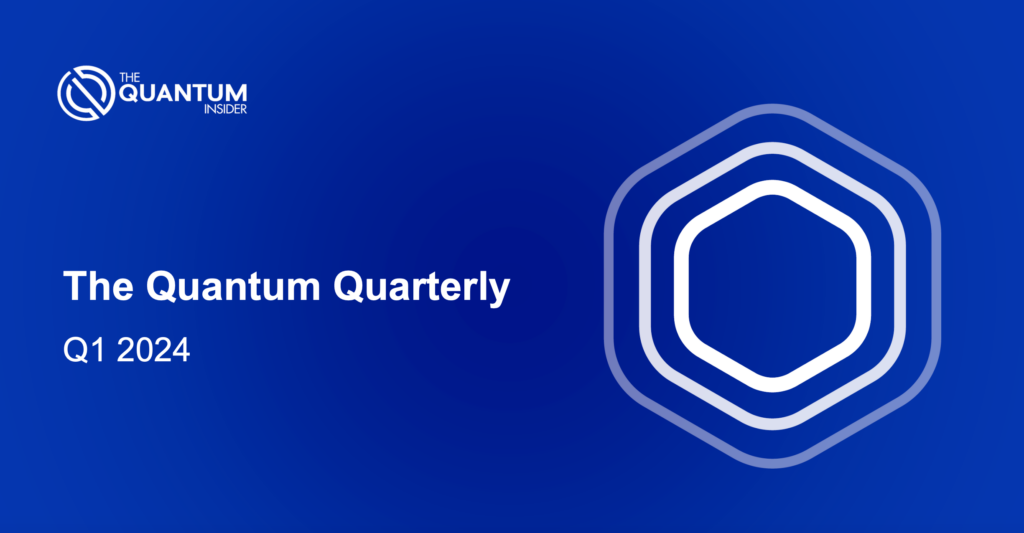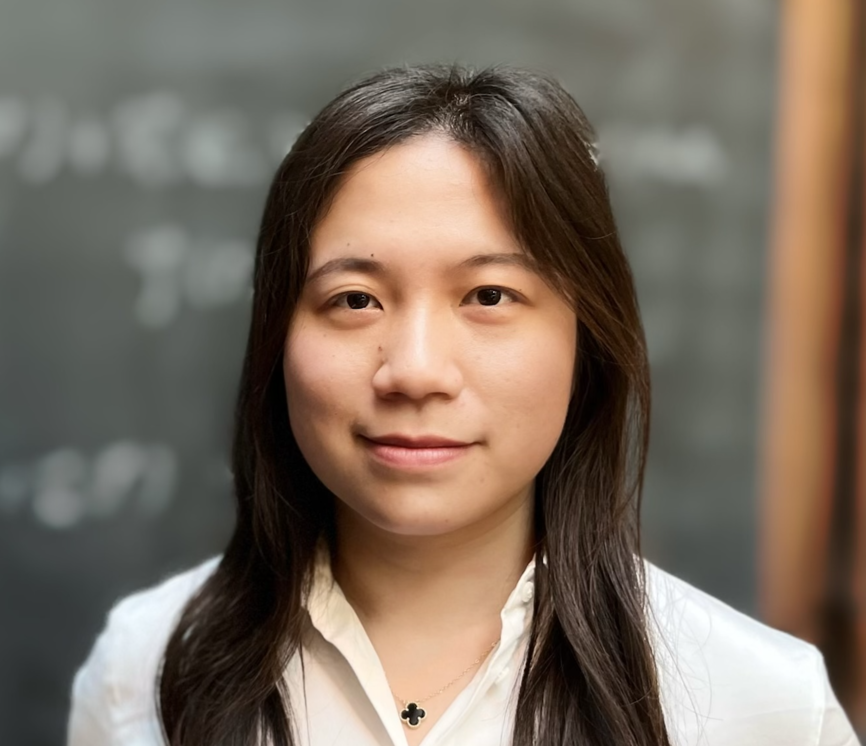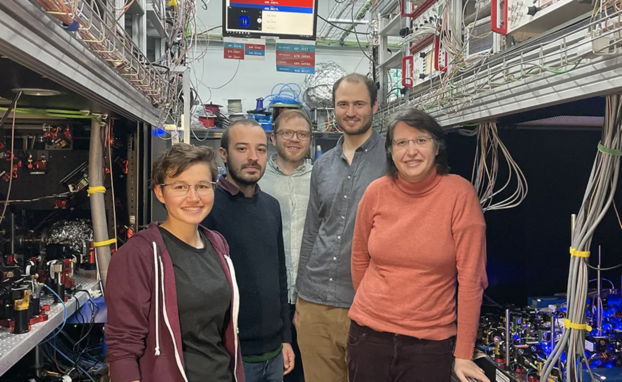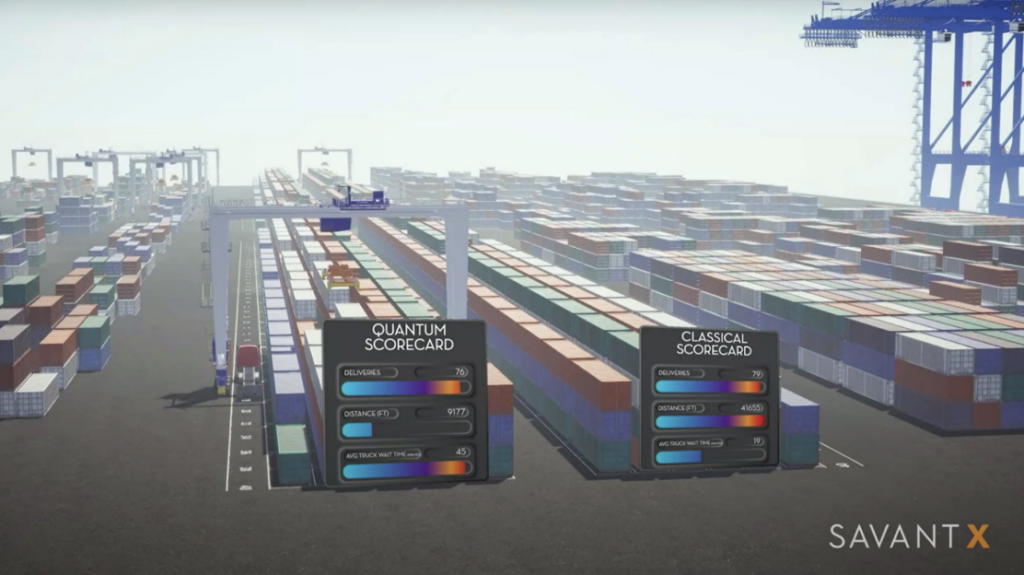
Unknown Processes
A paper, Barren plateaus preclude learning scramblers, presents a new theorem from the field of quantum machine learning (QML) that criticizes the general understanding of information scrambling. The research was published in Physical Review Letters with funding coming from the U.S. Department of Energy, Office of Science.
“Our theorem implies that we are not going to be able to use quantum machine learning to learn typical random or chaotic processes, such as black holes. In this sense, it places a fundamental limit on the learnability of unknown processes,” said Zoe Holmes, a post-doc at Los Alamos National Laboratory and co-author of the paper.
“Thankfully, because most physically interesting processes are sufficiently simple or structured so that they do not resemble a random process, the results don’t condemn quantum machine learning, but rather highlight the importance of understanding its limits,” Holmes added.
Hayden-Preskill Thought Experiment
Made clear in the classic Hayden-Preskill thought experiment, a character Alice hurls information, let’s say in the form of newspaper, straight into a black hole in order to destroy it. The black hole then disarranges the information by scrambling it. Bob, Alice’s friend, is then still able to recover the said information using entanglement. Yet, there’s a catch: the new information on the newspaper lends credence to the fact Bob’s limited ability to learn the specifics of a said black hole’s physics signifies that reassembling the information in the newspaper is going to be — at the very least — extremely arduous if not nigh on impossible to do.
“You might think that this would make Alice’s secret pretty safe,” Holmes said, “but Hayden and Preskill argued that if Bob knows the unitary dynamics implemented by the black hole, and share a maximally entangled state with the black hole, it is possible to decode Alice’s secret by collecting a few additional photons emitted from the black hole. But this prompts the question, how could Bob learn the dynamics implemented by the black hole? Well, not by using quantum machine learning, according to our findings.”
Andrew Sornborger, director of the Quantum Science Center at Los Alamos, a computer scientist at the facility and leader of the Center’s algorithms and simulation thrust, said:
“Any information run through an information scrambler such as a black hole will reach a point where the machine learning algorithm stalls out on a barren plateau and thus becomes untrainable. That means the algorithm can’t learn scrambling processes.”
Barren Plateaus
Recounted in a recent paper by another Los Alamos team, barren plateaus are areas in the mathematical space of optimization algorithms where the potential to solve the problem becomes exponentially harder as the size of the system being studied increases. Unfortunately, this phenomenon can hinder, or even limit, the way large-scale quantum neural networks can be trained.
“Recent work has identified the potential for quantum machine learning to be a formidable tool in our attempts to understand complex systems,” said Andreas Albrecht, a co-author of the research. Albrecht is Director of the Center for Quantum Mathematics and Physics (QMAP) and Distinguished Professor, Department of Physics and Astronomy, at UC Davis. “Our work points out fundamental considerations that limit the capabilities of this tool.”
An important part of Holmes and the team’s new theorem surmises no prior knowledge of the quantum scrambler. This, unfortunately, is a situation unlikely to happen in the world of practical science.
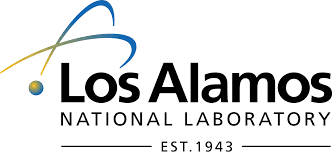
Commenting on this, Albrecht said: “Our work draws attention to the tremendous leverage even small amounts of prior information may play in our ability to extract information from complex systems and potentially reduce the power of our theorem. “Our ability to do this can vary greatly among different situations (as we scan from theoretical consideration of black holes to concrete situations controlled by humans here on earth). Future research is likely to turn up interesting examples, both of situations where our theorem remains fully in force, and others where it can be evaded.”
That quantum machine learning (QML) could be used to investigate scrambling processes through its limitations could have far-reaching effects for understanding complex systems, and that is something that may be beneficial for quantum information science (QIS) and quantum computing (QC) in the coming years.
If you found this article to be informative, you can explore more current quantum news here, exclusives, interviews, and podcasts.














